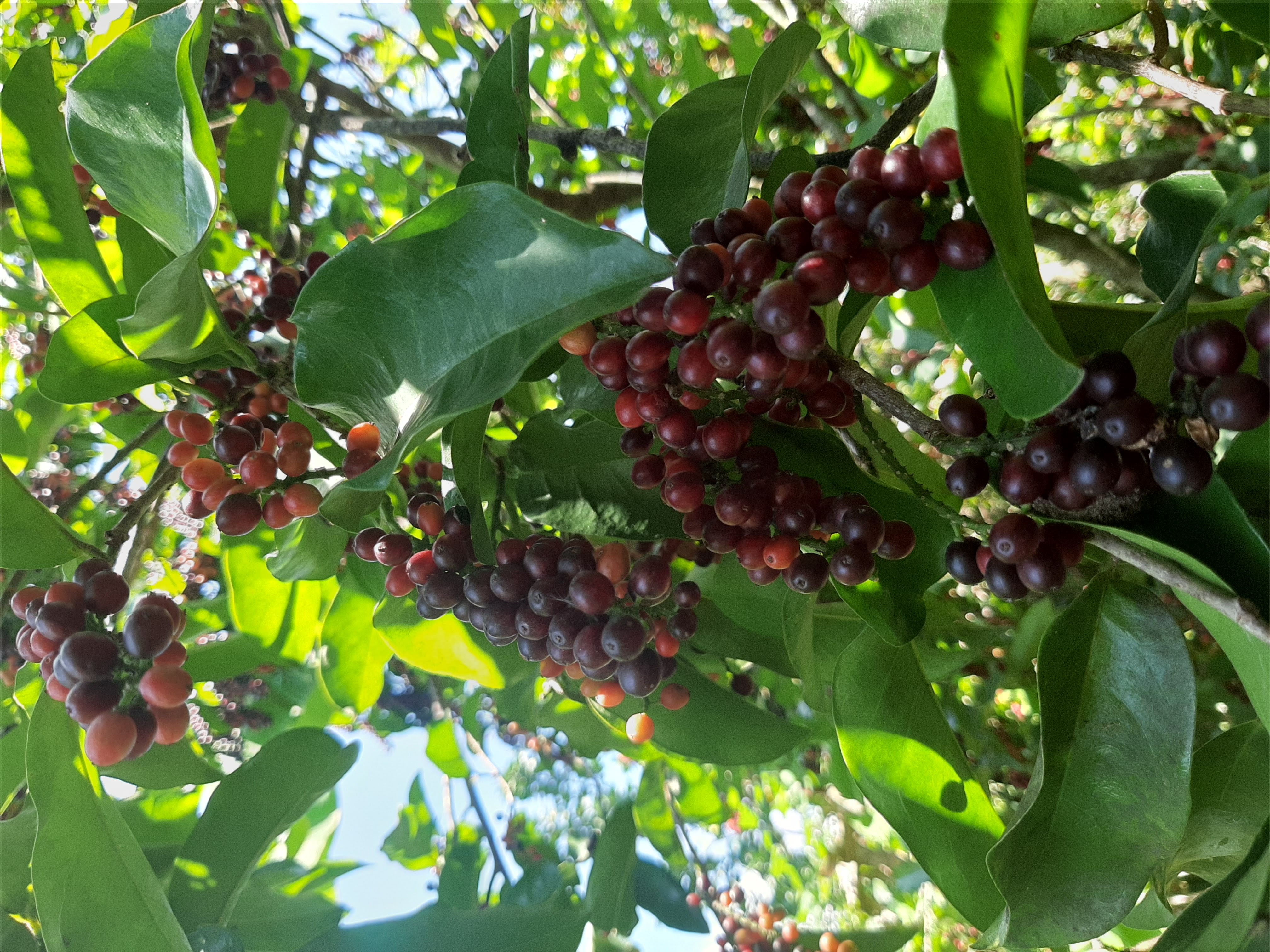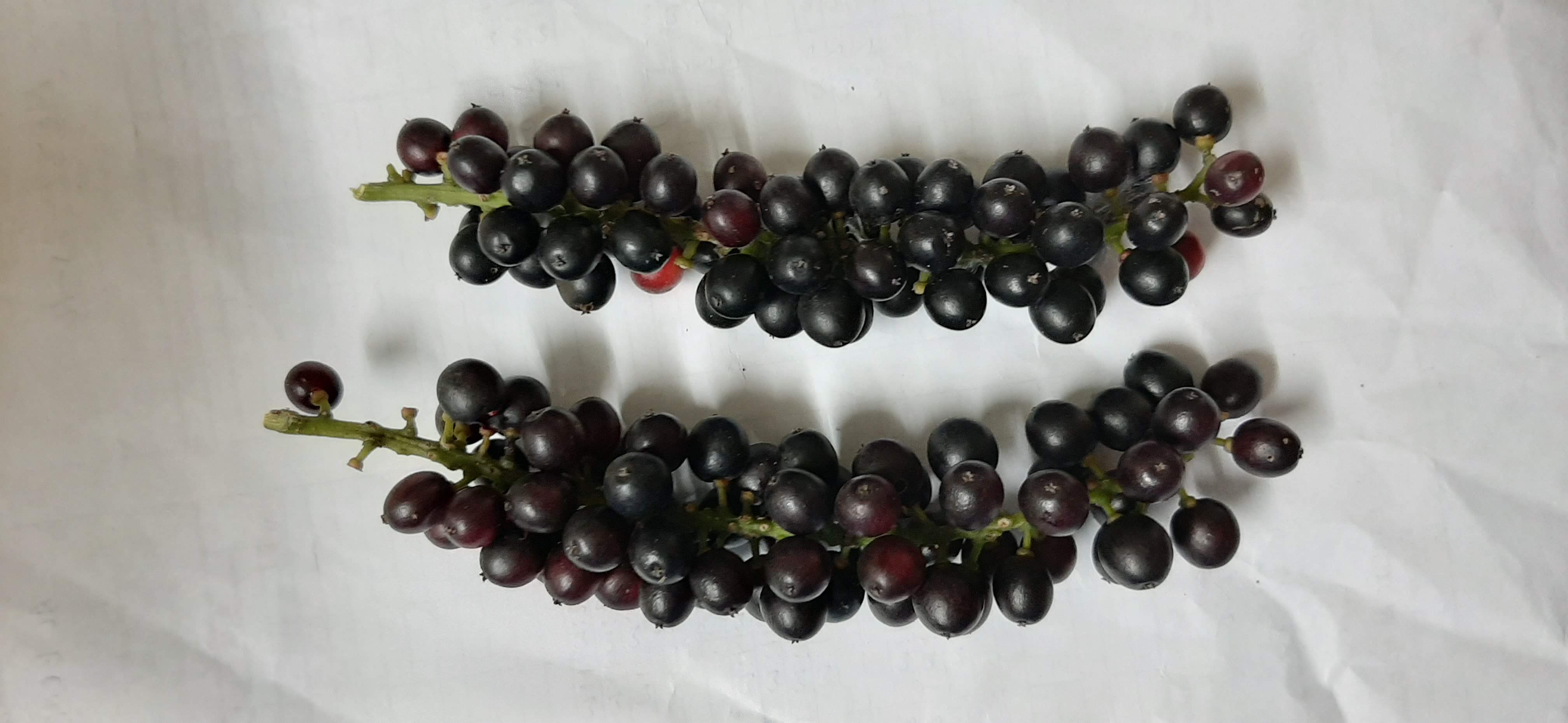Functional food: DOST scientists aim to identify local crops with health benefits
By Yvette Tan
By YVETTE TAN
What is functional food and how can eating more of it enhance the health of Filipinos? Department of Science and Technology’s Philippine Council for Health Research and Development (DOST-PCHRD)-funded research of Filipino scientists in state universities and colleges (SUCs) are finding out.
Most people know that food can be nutritious and delicious, but not a lot know that it can also offer health benefits beyond providing vitamins and minerals—the “function” in functional food. The concept was introduced by the Ministry of Education, Culture and Sports of Japan in 1984, though it has been practiced by all cultures since time immemorial, usually through consumption of traditional foods, indigenous fruits, and herbal medicine. To declare a food to be a “functional food” requires extensive scientific research to identify what exactly in the food makeup offers health benefits and later, if these can be isolated and used as a component of a functional food.

The DOST-PCHRD has been funding research on functional food since about 2015. Its Functional Foods Program, headed by Marianne Joy Laya, focuses on research tackling crops and food products that have possible health advantages beyond their distinctive nutritional benefits for the prevention of non-communicable diseases. Science-backed health claims.
One of the Filipino scientists passionate about promoting functional food research in the Philippines is the DOST-PCHRD Balik Scientist Program awardee Dr. Myra Villareal. Dr Villareal, who is affiliated with the University of Tsukuba in Japan and hosted by Bicol University (BU). She is doing research with Professor Jocelyn Serrano, Dean of the College of Science at BU; Dr. Maria Constancia Obrero-Carillo, Dean of College of Arts Sciences at the University of the Philippines (UP) Manila; and Dr. Lotis Mopera, former Director of Institute of Food Science and Technology of UP Los Baños.
Dr. Villareal is in the country for a short-term Balik Scientist engagement. The Balik Scientist Program is a DOST initiative to counter the brain drain by inviting Filipino experts, scientists, and technicians residing abroad to come back to the Philippines to share their expertise.
“We want to establish a lab that would provide the scientific evidence for the beneficial effect on health of functional foods that we have in the Philippines,” Dr. Villareal, whose PhD was focused on drug discovery and functional food, said in a video interview. “...when I say scientific evidence, it means that scientists have identified the molecule/s in the cells that are targeted by the bioactive component/s of the functional food.”
The market is bombarded with advertisements for “miracle herbs” or “superfoods,” many coming with the warning that they have no therapeutic claims. Functional food research can scientifically prove if certain foods indeed do what they claim to do. “We hope that we can also establish laboratories to provide scientific evidence because the Philippines has a lot of functional food, but we do not have the scientific evidence to [prove] that this particular functional food can prevent disease,” Dr. Villareal said.
What is functional food?
A question Dr. Villareal gets asked a lot is if functional foods are medicinal drugs. “[I’m often asked,] ‘If we eat functional foods, can I stop taking my drugs or my medicines already?’ Of course not,” she explained. “You take your drugs as prescribed by your doctor over a period of time that is also prescribed… Functional food is not like that. [They are] foods that you have to eat [regularly] to continuously get the beneficial effects.” In Japan, for example, functional food is well-researched and regulated, and approved products carry a seal from the Ministry of Health, Labor and Welfare.
A popular example of this is Yakult, a probiotic drink that promotes gut health, and green tea, which can prevent cancer. All of these claims have been proven through extensive research. The Philippines has many crops that are traditionally thought to have healing or health-boosting properties such as “root crops, seaweeds, edible mushrooms, local berries, turmeric, pili, malunggay, virgin coconut oil, and other coconut products, and rice.” “We're referring to the prevention of diabetes, cardiovascular diseases, or the noncommunicable diseases or non-infectious diseases. Right now, there are many studies done here in the Philippines on their anti-cancer effect as well as anti-diabetes, etc.” Dr. Villareal said.
The scientists particularly want to focus on local crops. They’ve identified anthocyanin-rich berries such as bignay (Antidesma bunius), baligang or lipote (Syzygium polycephaloides), and duhat (Syzygium cumini), that studies have shown can prevent diabetes.

A long-term solution
Many Filipinos are already predisposed to eating food with health benefits. The Functional Food Program provides scientific research to assure the public that what they are consuming is in fact, good for their health. This is especially important at a time when many Filipinos are developing non-communicable (non-spreadable diseases usually caused by unhealthy lifestyles) diseases such as diabetes, which affects over four million Filipinos, and obesity, which is predicted to affect 30% of adolescents by 2030.

“This is a long-term battle. We should not just focus on discovering drugs for diseases but also focus on preventing [them]. Regular consumption of functional foods would be an ideal way to prevent non-communicable diseases,” Dr. Villareal said. “And of course, it's not just a one solution problem because the proliferation of westernized food is actually predisposing us to these non-communicable diseases.”
It is also important to distinguish which are really functional foods and which ones are just hype. “This is quite difficult,” Dr. Villareal said. “That's why we need the government to establish a regulatory body for this. Kasi right now on Facebook, there are many scams…” The way to prevent scams is through regulation. “Right now, DOST is also assisting companies that produce functional food,” Dr. Villareal said. “We really need to have a regulatory body that will put the seal or a mark on the food that will tell us whether the food has health benefits or if it is a functional food.”
Including local functional food in a balanced diet can be an easy and relatively cheap way to stay healthy. After all, as the saying goes, an ounce of prevention is better (and less expensive) than a pound of cure.
Photos courtesy of Dr. Katherine Ann T. Castillo-Israel, University of the Philippines Los Baños